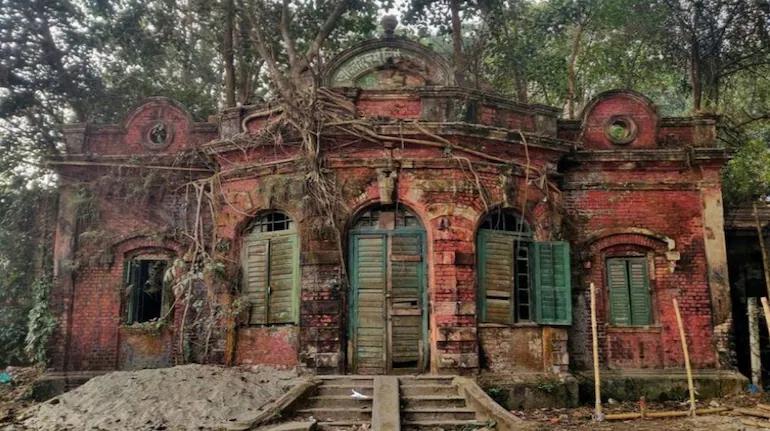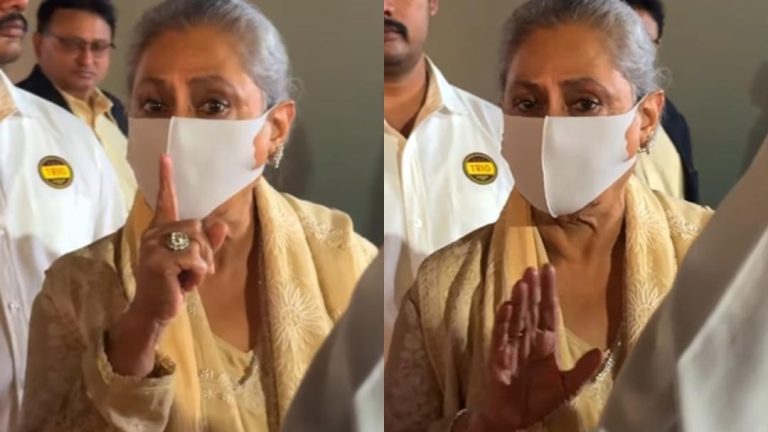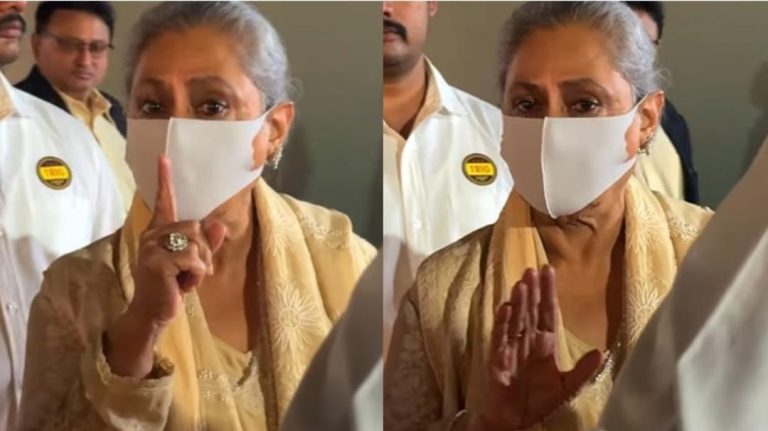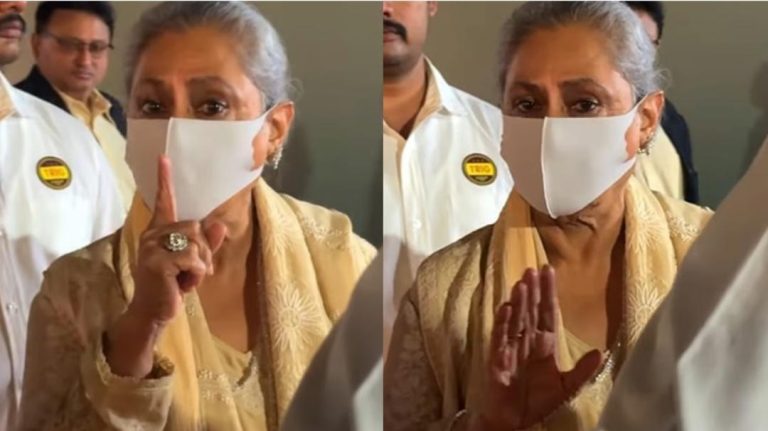
Mamata seeks Centre’s help over demolition of Satyajit Ray’s house in B’desh
The news of the demolition of Satyajit Ray’s ancestral home in Bangladesh’s Dhaka has sent shockwaves across the Indian film industry and beyond. The legendary filmmaker’s legacy is being threatened, and the people of West Bengal are up in arms against the decision. West Bengal Chief Minister Mamata Banerjee has condemned the move and has appealed to the Centre to intervene in the matter.
The property in question belonged to Satyajit Ray’s grandfather, Upendrakishore Ray Chowdhury, who was a renowned Bengali writer, artist, and musician. The house has been in the Ray family for generations and is a significant cultural heritage site for Bengalis. The news of its demolition has sparked widespread outrage, with many calling it a cultural and historical vandalism.
Mamata Banerjee, in her statement, described the news as “extremely distressing”. She emphasized that the Ray family is one of the foremost bearers and carriers of Bengali culture and that the house is a symbol of their rich cultural heritage. She appealed to the Centre to take immediate action to stop the demolition and to ensure that the house is preserved for future generations.
The news of the demolition has also sparked a debate about the cultural and historical significance of the house. Satyajit Ray is widely regarded as one of the greatest filmmakers of all time, and his works have had a profound impact on Indian cinema. His films are not just a reflection of Bengali culture but also of Indian culture as a whole. The demolition of the house is seen as a threat to the preservation of Bengali culture and the legacy of Satyajit Ray.
The issue is not just limited to the cultural significance of the house but also has political implications. The demolition of the house is seen as a move by the Bangladeshi government to erase Bengali culture and replace it with a more Islamic identity. This has sparked concerns among Bengalis in India, who feel that their cultural heritage is being threatened by the Bangladeshi government.
The Bangladeshi government has defended the decision to demolish the house, citing health and safety concerns. However, many have questioned the validity of these concerns, pointing out that the house is a significant cultural heritage site and that the demolition is a deliberate attempt to erase Bengali culture.
The Indian government has also waded into the controversy, with Union Minister of State for External Affairs V Muraleedharan expressing concern over the demolition of the house. He has appealed to the Bangladeshi government to reconsider its decision and to take steps to preserve the house.
The controversy has also highlighted the need for cultural exchange and cooperation between India and Bangladesh. Both countries share a rich cultural heritage, and the demolition of the house is a reminder of the importance of preserving and promoting cultural heritage.
In conclusion, the demolition of Satyajit Ray’s ancestral home in Bangladesh’s Dhaka is a significant cultural and historical loss for Bengalis and Indians alike. The West Bengal Chief Minister has appealed to the Centre to intervene in the matter, and it is crucial that the Indian government takes immediate action to stop the demolition and to ensure that the house is preserved for future generations.
The preservation of cultural heritage is not just a matter of preserving bricks and mortar but also of preserving the cultural identity of a people. The demolition of the house is a threat to the cultural identity of Bengalis and Indians, and it is crucial that the Indian government takes a strong stand against it.
Sources:






